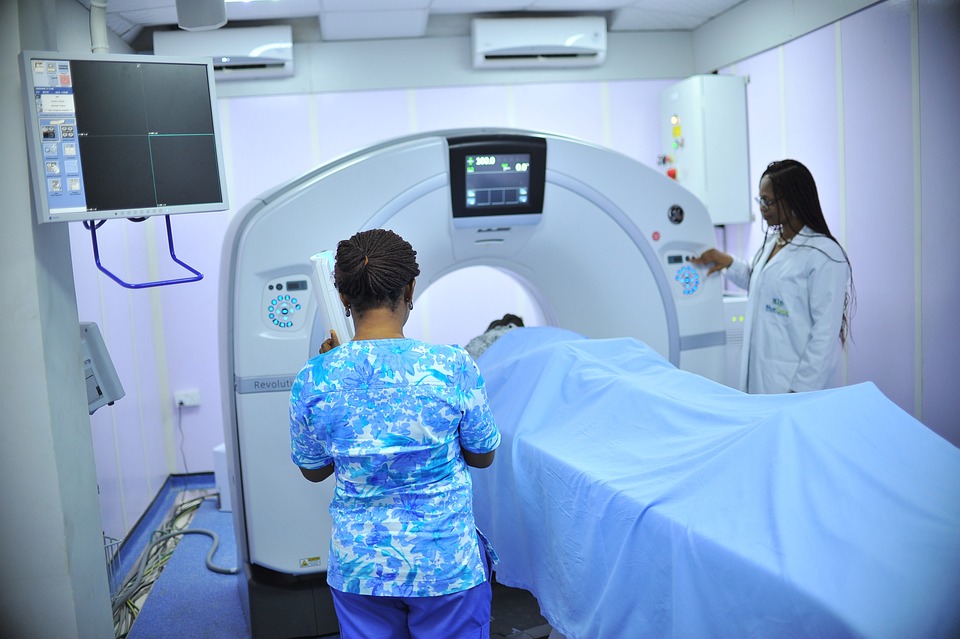Book Appointment Now

How to Become a Nurse Educator
The nursing profession is built on a foundation of continuous education, and nurse educators play a crucial role in preparing the next generation of nurses. If you are passionate about teaching and want to share your expertise with aspiring nurses, becoming a nurse educator could be a rewarding career choice. This article will provide a detailed overview of how to become a nurse educator, covering the educational pathways, required qualifications, and essential skills needed for success in this vital role.
What Does a Nurse Educator Do?
Before diving into how to become a nurse educator, it’s important to understand what the role entails. Nurse educators are responsible for teaching and mentoring nursing students or fellow healthcare professionals. They work in a variety of settings, including:
- Universities and nursing schools: Teaching future nurses through lectures, labs, and clinical experiences.
- Hospitals and healthcare organizations: Providing ongoing education and training to nursing staff.
- Online educational platforms: Creating and delivering virtual nursing programs and courses.
In addition to teaching, nurse educators often develop curricula, design courses, assess student progress, and stay current with the latest nursing research and practices.
Pathways to Becoming a Nurse Educator
There are several educational pathways to becoming a nurse educator, depending on your career goals and the level of education you want to provide. Below are the most common steps:
1. Earn a Bachelor of Science in Nursing (BSN)
The first step in any nursing career, including becoming a nurse educator, is to earn a Bachelor of Science in Nursing (BSN). A BSN provides the foundational knowledge in healthcare, anatomy, patient care, and leadership skills needed to begin your journey as a registered nurse (RN).
Key Steps:
- Graduate from an accredited BSN program.
- Pass the NCLEX-RN exam to become a licensed registered nurse.
Why It’s Important: Having clinical experience as an RN is crucial before transitioning into an educator role. It allows you to gain practical insights that will later enrich your teaching.
2. Gain Clinical Experience as an RN
To effectively teach nursing students or peers, a solid foundation of real-world clinical experience is essential. Most nursing education positions require a minimum of 2-5 years of practical nursing experience. This hands-on knowledge enables you to offer relevant examples, explain complex concepts, and prepare students for the realities of clinical practice.
How to Gain Clinical Experience:
- Work in different healthcare settings such as hospitals, clinics, or community health centers.
- Seek opportunities to specialize in areas like critical care, pediatrics, or mental health nursing, which can enhance your teaching expertise.
Why It’s Important: Clinical experience helps you develop leadership and communication skills, which are vital for educating future nurses.
3. Pursue a Master’s Degree in Nursing (MSN)
To transition into a nurse educator role, most employers require at least a Master of Science in Nursing (MSN) with a focus on nursing education. During an MSN program, you’ll learn teaching strategies, curriculum development, and advanced nursing theory.
Specializations for Nurse Educators:
- MSN in Nursing Education: Specifically designed for those who want to teach nursing students.
- MSN with Clinical Specialization: This pathway allows you to become both a clinical nurse specialist and an educator.
Typical Courses in an MSN Nursing Education Program:
- Curriculum development in nursing
- Teaching methods for nursing education
- Advanced health assessment and pathophysiology
- Educational technology in healthcare
Why It’s Important: An MSN prepares you for the teaching and administrative responsibilities of a nurse educator, equipping you with advanced knowledge to train nursing students effectively.
4. Consider Earning a Doctorate
For those interested in teaching at the highest levels, such as in universities or conducting nursing research, pursuing a doctorate may be the best option. There are two main doctoral paths for nurse educators:
- Doctor of Nursing Practice (DNP): Focuses on clinical practice and leadership.
- Doctor of Philosophy in Nursing (PhD): Focuses on research and academic teaching.
Why It’s Important: A doctorate is often required for leadership roles in nursing education, particularly in university settings or research institutions.
Looking for How to Become a Nurse Educator Essay Help?
Order Custom Nursing Essay
Qualifications for Becoming a Nurse Educator
Once you have completed the necessary education, there are a few more qualifications required to become a nurse educator:
1. Nurse Educator Certification
Earning a nurse educator certification, such as the Certified Nurse Educator (CNE) credential, is highly recommended. The CNE certification demonstrates your expertise in nursing education and your commitment to maintaining high standards of teaching.
Eligibility Requirements for CNE:
- Hold a current, active RN license.
- Have a master’s or doctoral degree in nursing education or a post-master’s certificate in nursing education.
- Meet the required clinical teaching hours.
Why It’s Important: Certification validates your skills and knowledge, making you more competitive in the job market.
2. Strong Communication and Leadership Skills
Beyond formal qualifications, nurse educators must possess strong interpersonal, communication, and leadership skills. Teaching involves explaining complex medical information in a way that is understandable and engaging. Additionally, being able to mentor and inspire students or peers is key to success in this role.
Skills to Cultivate:
- Communication: Ability to clearly convey information in both classroom and clinical settings.
- Leadership: Confidence to guide students through difficult concepts and clinical experiences.
- Adaptability: Ability to adjust teaching methods to accommodate different learning styles.
3. Commitment to Lifelong Learning
The healthcare industry is constantly evolving, with new research, technologies, and best practices emerging regularly. Nurse educators must stay informed about the latest developments in nursing and healthcare. Attending professional development seminars, reading the latest nursing research, and continuing your own education are essential components of being an effective nurse educator.
Job Outlook and Opportunities for Nurse Educators
The demand for nurse educators is expected to grow steadily over the coming years. As the healthcare industry continues to expand, more nurses are needed, leading to a greater need for qualified nurse educators. This field offers diverse job opportunities, including:
- Teaching in nursing schools and universities.
- Providing staff development and continuing education for nurses in hospitals.
- Developing and delivering online nursing education programs.
Average Salary of Nurse Educators
According to the U.S. Bureau of Labor Statistics, the median salary for nurse educators was approximately $83,160 per year as of 2022, though this can vary depending on factors such as level of education, experience, and geographic location.
Becoming a nurse educator is a rewarding path that allows experienced nurses to share their expertise with the next generation of healthcare professionals. By following the educational pathways outlined above, gaining clinical experience, and obtaining the necessary qualifications, you can excel in this important role. Whether teaching in universities, hospitals, or online, nurse educators have a significant impact on the quality of nursing care and the future of healthcare.
If you’re passionate about both nursing and teaching, now that you know how to become a nurse educator, you can take the next step toward a fulfilling career that combines the best of both worlds.
Also read:
- Teaching Legal/Ethical Issue Pertinent to Nurse Educators
- NURS 6351 Week 9 Discussion: Ethical and Legal Parameters for Nurse Educators
- Evolution of Nurse Educators
- NR 526 Advanced Pathophysiology, Health Assessment, and Pharmacology for Nurse Educators
- NUR 648E Role of Nurse Educator and Curriculum Development







